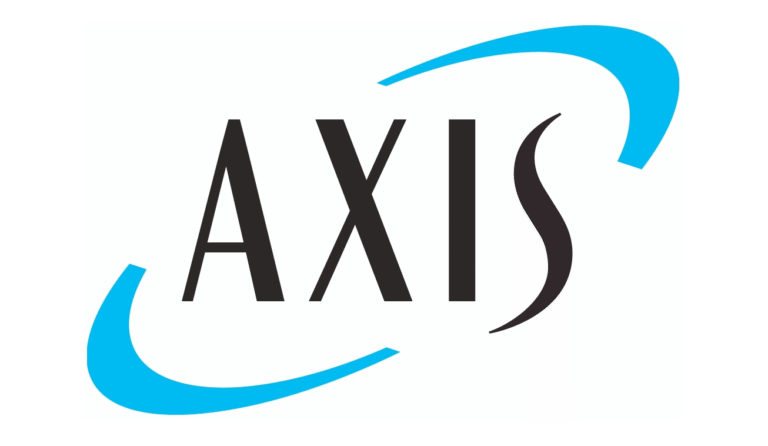
TD Cowen, an investment bank and research provider, hosted a field trip to London last week with senior management from prominent re/insurance and broking groups, offering insights into shifting dynamics across casualty insurance and related markets.

TD Cowen noted that Intact, along with several other companies, believes that current casualty pricing and loss-cost trends are still insufficient to make the market an attractive entry point.
Specialty casualty was described as offering more potential than admitted casualty, while commercial auto was repeatedly cited as a stressed line. TD Cowen highlighted that surety, aviation, and accident & health were viewed more favourably by some participants.
Non-US casualty was generally seen as attractive, with TD Cowen reporting that executives pointed to less severe social inflation abroad given long-established legal codes.
Howden, for example, estimated that London casualty business currently averages about 110% rate adequacy. While most companies expected casualty rates to keep rising, TD Cowen underscored uncertainty regarding pace and sustainability, as well as how property and casualty pricing may interact.
Some participants noted that in past cycles, casualty treaties absorbed pressure when property weakened, but TD Cowen indicated that with property pricing still strong, the same dynamic may not play out. One firm also suggested that with less support from property profits, casualty pricing would have to harden further.
TD Cowen also reported that several executives flagged 2021–2022 accident years as potentially problematic for reserve adequacy. Within US financial lines such as D&O, TD Cowen noted that some companies believe recent declines and MGA competition are pushing pricing toward inadequate levels, while others still see rates as sufficient but are nonetheless retrenching due to growing pressure.
In cyber, TD Cowen said one carrier favoured reinsurance over primary exposure, citing better control of tail risk. The firm noted broader concerns about underwriting cyber given limited historical data and fast-moving technological change, as well as risks associated with insurers offering large limits.
Finally, TD Cowen described the surety market as remaining appealing overall, even with new entrants such as MGAs, though contract bonds were considered more difficult than commercial surety.





